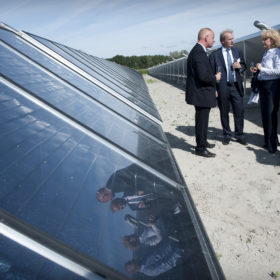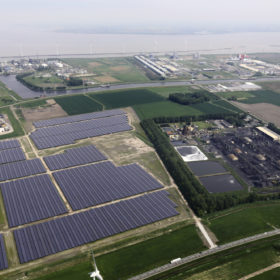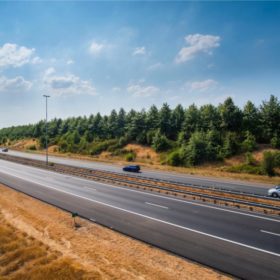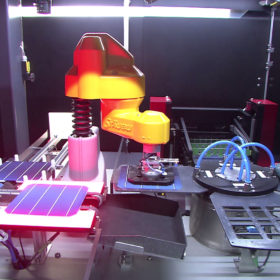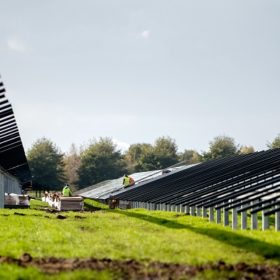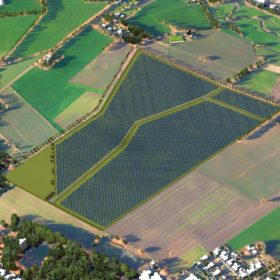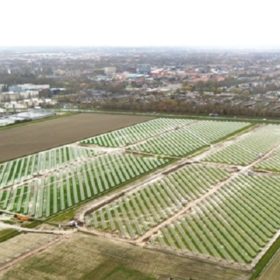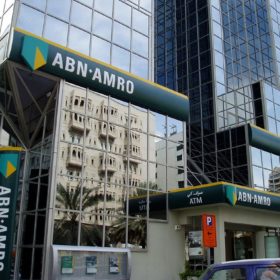Vattenfall expands PV business in the Netherlands
The company’s Dutch unit, Nuon, has agreed to acquire three solar projects totaling 27.5 MW of capacity from Powerfield. The projects will be developed under the Netherlands’ SDE+ program, for large scale renewables.
Solar prevails again in Netherlands’ SDE+ rounds
In the 2018 spring round of the program for large-scale renewable energy projects, solar secured around 1.7 GW of the 2.3 GW of total capacity allocated. Overall, 3,744 PV projects were selected, which will comprise 57% of the round’s available budget.
Dutch government launches tender for utility-scale solar noise barrier
The solar project will be built at the A58 Highway, near the municipality of Etten-Leur. More solar noise barriers, relying on bifacial module, are planned for main roads in the Netherlands.
Netherlands to replace net metering with new scheme for residential, commercial PV
Under the new scheme, set to come into force in 2020, homeowners and small businesses investing in solar and other renewables can expect a payback period of around seven years. They will also be exempt from paying energy taxes and the ODE (Opslag Duurzame Energie), a levy on power consumers that finances the country’s renewable energy programs, for self-consumed electricity,
The European job
Energyra promises to be a lot of things: the first module maker to bring production back to the Netherlands; a manufacturer relying entirely on Made in Europe equipment and Dutch back contact solar cell technology; and a start-up betting on quality, innovation, automation, as well as high performance modules. pv magazine visited the company’s factory in Zaanstad, to get more detail on this ambitious project.
Dutch solar sector fights belief PV is eroding agricultural land
With ground-mounted solar plants popular in the Netherlands, critics says large-scale plants are devouring agricultural land. PV association Holland Solar says even if the country reaches an installed capacity of 16 GW by 2050, only 0.5% of its agricultural surfaces would be covered
Powerfield abandons plans to build 300 MW module factory in the Netherlands
The Dutch company said its project became unviable due to rapidly declining module prices. For its planned solar parks in the Netherlands, however, the company will rely on modules provided by the Dutch panel maker Energyra.
Netherlands awards 1.9 GW of PV in SDE+ 2017 autumn round
Solar was once again the source with the largest share in the latest round of the SDE+ program for large-scale renewable energy projects. Around 1.3 GW of pre-qualified solar projects, however, has been rejected. Among the selected projects is a 109 MW solar park planned for the province of Groningen.
Dutch government to improve SDE+ program for sub-1 MW PV projects
The Netherlands government intends to create two more ad hoc categories for solar projects not exceeding 1 MW, and to grant them a higher level of incentive compared to those of big solar parks. The change is due the success of larger projects in previous SDE+ rounds.
ABN Amro launches €200 million fund for energy transition
The fund is expected to make equity capital investments in the range of €10 million to €25 million, mostly in the Netherlands and Northwest Europe.
